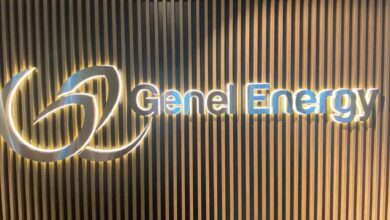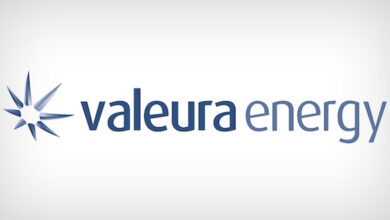Wood Mackenzie highlights Brazil’s fourth pre-salt auction
On 7 June 2018, Brazil held its fourth pre-salt auction, just eight months after the highly competitive second and third pre-salt rounds. PSC Round 4 offered 4,232 sq km across four blocks in the heart of the pre-salt polygon with more than 14 billion bbl of unrisked in-place prospective resources. Three of the four areas were awarded, all with Petrobras as the operator, with bids from 11 of the 16 registered companies, setting a record for participation in a PSC auction.
“With industry heavyweights again leading the competition, Brazil`s pre-salt has consolidated as the playground for those with deep pockets,” Juliana Miguez, Senior Research Analyst Latin America Upstream Oil and Gas at Wood Mackenzie, said. “High interest from a select group of companies and strong competition in the rounds are a reflection of the prospectivity of the acreage. The crown however still belongs to Petrobras.”
Partnering with Petrobras is the key to success when bidding in pre-salt blocks. Petrobras has a right of first refusal to petition the government to operate all pre-salt block offered, ensuring that companies must partner with the NOC for blocks where it is granted operatorship.
Ms Miguez adds, “Companies benefit from Petrobras’ operational expertise, superior access to the supply chain and offshore gas transport infrastructure, which can help drive down costs and speed up first oil. At the same time, for Petrobras, partnerships with respected deepwater players with deep pockets like BP, ExxonMobil, Equinor and Shell reduce exposure and dilute risks. The partnerships established in this round will be of paramount importance to maximizing the pre-salt’s returns, especially for areas won under high bids.”
This round also saw continued aggressive bidding for pre-salt acreage, setting new profit share bid records. Uirapuru, with almost 8 billion bbl of prospective unrisked volumes was the most prospective block in the round and saw heavy competition. The highest bid came from a consortium formed by Petrobras (30% and operator), Petrogal (14%), Equinor (28%), ExxonMobil (28%) who won a block offering a 75.49% profit share bid, against the minimum 22.18%.
With profit share bid levels reaching 75%, companies are clearly very bullish around potential discovery sizes and development pace with highly productive wells. Their ability to deliver will also be critical to the Brazilian government, as blocks left undeveloped will not bring future revenues to the country.
“Companies are very optimistic about pre-salt productivity,” Ms Miguez said. “The large resource base and impressive well deliverability produce some of the most attractive development economics outside of tight oil. However, high costs and high risk counterbalance this vast resource potential. In the case of PSC blocks, economics are very sensitive to profit share levels, and high bids such as for Uirapuru will require significant discoveries, low costs and a fast pace of development in order to generate value.”
Ultimately, with $818 million collected in signature bonuses, the outcome was yet another big success for Brazil and, for the majors, it was a chance to significantly deepen their pre-salt exposure. With the successful conclusion of five licensing rounds in the span of less than a year, and a fifth PSC Round set for September 2018, interest in Brazil’s upstream sector continues to be very strong.




